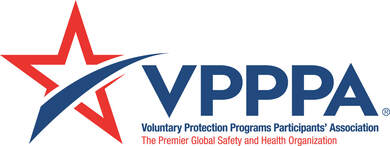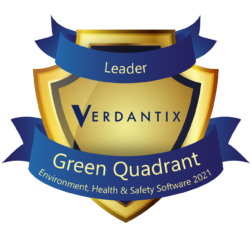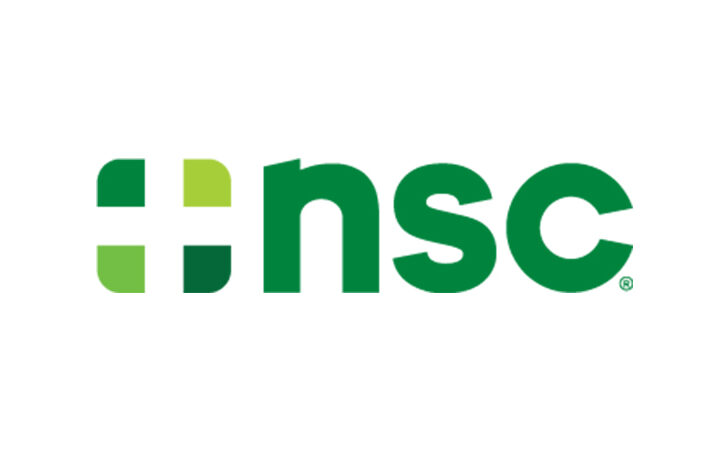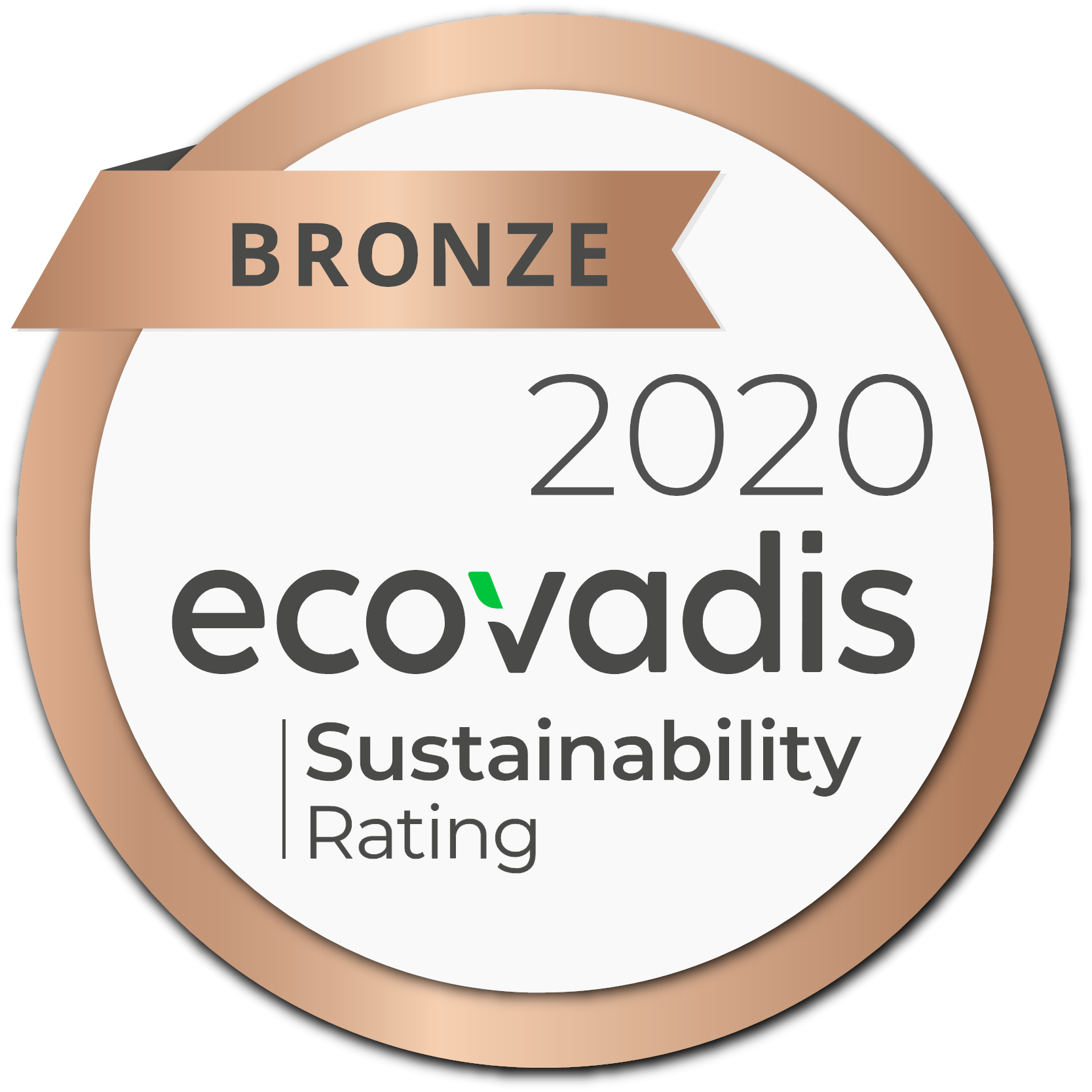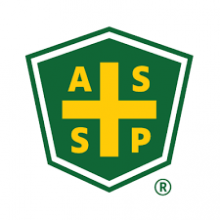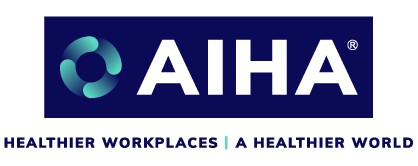Virginia Becomes First State to Issue COVID-19 Workplace Standard
07/27/2020
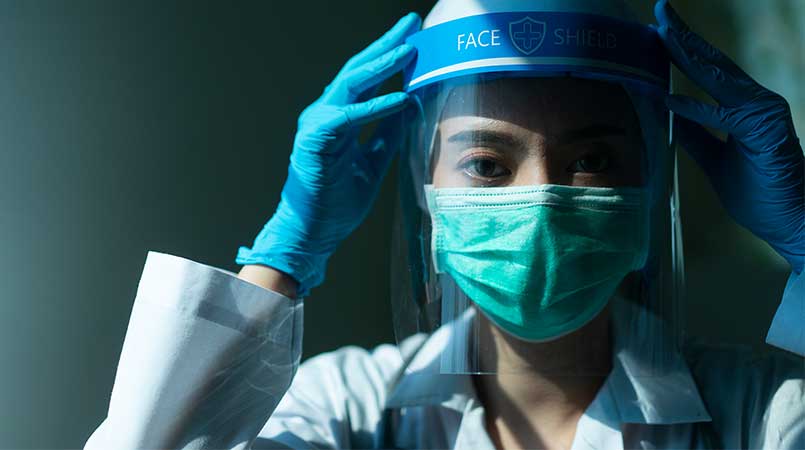
The Commonwealth of Virginia has officially become the first U.S. state to enact an occupational health and safety (OHS) standard specifically regulating workplace COVID-19 prevention and controls. Effective July 27, 2020, the Emergency Temporary Standard will require each employer, employee, and place of employment in the Commonwealth of Virginia covered under the Virginia Occupational Safety and Health (VOSH) Program to ensure compliance with mandatory policies and procedures listed in the Standard.
What Does the Emergency Temporary Standard Require?
The Emergency Temporary Standard (ETS) combines various elements of existing VOSH standards whose provisions are already applicable to SARS-CoV-2 and COVID-19 hazards and controls. These include personal protective equipment (PPE), respiratory protective equipment, workplace sanitation, access to employee exposure and medical records, occupational exposure to hazardous chemicals in laboratories and hazard communication.
The ETS also establishes a number of unique policies, procedures and other controls specific to COVID-19 hazards, and lays out specific requirements for job task risk assessment, screening and testing, notification and reporting, workplace restrictions and access, coordination with temporary employers and contractors, return-to-work protocols, physical distancing measures, workplace sanitation and disinfection, respiratory protection, infectious disease preparedness and response planning, and worker training.
Click Here to view the full text of the Standard
How Long Will the Emergency Temporary Standard be in Effect?
The ETS is scheduled to expire within six months of the July 27, 2020 effective date, or upon expiration of the Virginia Governor’s State of Emergency. The ETS may also expire if superseded by a permanent COVID-19 standard, or upon repeal of the ETS by the Virginia Safety and Health Codes Board. Considering the recent surge in COVID-19 cases in multiple U.S. states, it seems unlikely that the State of Emergency will be cancelled any time soon. In addition, Virginia’s aggressive stance towards workplace COVID-19 protections is a strong indicator that the Virginia Department of Labor and Industry (DOLI) will be looking at developing a permanent COVID-19 standard in the coming months to codify these requirements for the foreseeable future.
Why is Virginia Taking Action Now?
So, why is VOSH taking such a significant step toward workplace COVID-19 protections while many other state occupational health and safety (OHS) agencies and federal OSHA have been apprehensive to do so? One possible explanation is that Virginia is a “State Plan” state, meaning it has been approved by the U.S. Department of Labor and OSHA to develop and implement its own worker safety and health standards, so long as those standards are “at least as effective” as federal OSHA standards. In fact, State Plan approval empowers states with the authority to implement standards that go above and beyond what federal OSHA requires.
To date, OSHA has not published a federal COVID-19 workplace standard. OSHA maintains the position that such a standard is not necessary given the protections already in place under other existing standards including the Respiratory Protection Standard, Bloodborne Pathogens Standard and the OSHA General Duty Clause, as well as a plethora of industry specific guidelines regarding COVID-19, state and local government orders, and private industry guidance.
However, the debate over a federal OSHA COVID-19 Standard remains heated. The AFL-CIO and a coalition of 22 labor organizations in the U.S. recently filed suit against the U.S. Department of Labor in an effort to force OSHA to create an emergency temporary standard for airborne pathogens and infectious diseases. That suit was dismissed just a few weeks ago by a federal appeals court which favored OSHA’s argument that existing protections are sufficient, but additional suits have been filed against DOL and OSHA, and members of Congress continue their calls for a COVID-19 Standard.
As a State Plan state, Virginia has developed the Emergency Temporary Standard in an effort to unify and coordinate the State’s existing COVID-19 protections, and establish new requirements targeted at the specific hazards and modes of exposure to SARS-CoV-2 and COVID-19. It's worth noting that there are 21 other OSHA State Plan states with standards covering private sector employers, and 6 other State Plan states with standards covering state and municipal employees. As businesses in those states struggle to keep their doors open in the face of rising COVID-19 cases, it’s likely we’ll see these states following Virginia’s lead and developing their own COVID-19 workplace requirements. Ultimately, as more states begin to establish COVID-19 workplace standards, it's not unreasonable to think that mounting pressure from states, industry and Congress could prompt OSHA to at least reconsider the creation of a federal standard.
VelocityEHS Can Help!
VelocityEHS continues to closely follow ongoing developments from regulators and public health agencies during the COVID-19 pandemic, and we’re committed to connecting you with the information and resources you need to stay safe and healthy during these challenging and uncertain times.
Check out our VelocityEHS COVID-19 Resource Site to access a growing library of helpful resources and free tools that can help you simplify compliance and implement more effective workplace COVID-19 protections.
While you’re there, don’t forget to register for one of our complimentary webinars covering a variety of COVID-19 topics to help you better protect your workers and stay in compliance.
- HazCom Chemical Management Tips for COVID-19 and Beyond
- Staying Connected: How On-Demand Training Boosts Safety and Productivity
- Working from Home - Things You Need to Know
- COVID-19 Q&A with Department of Homeland Security's Captain Ignacio
If you’d like to learn more about how VelocityEHS software solutions can help protect your workplace during the COVID-19 pandemic, please feel free to contact us today.
Until then, stay safe.

